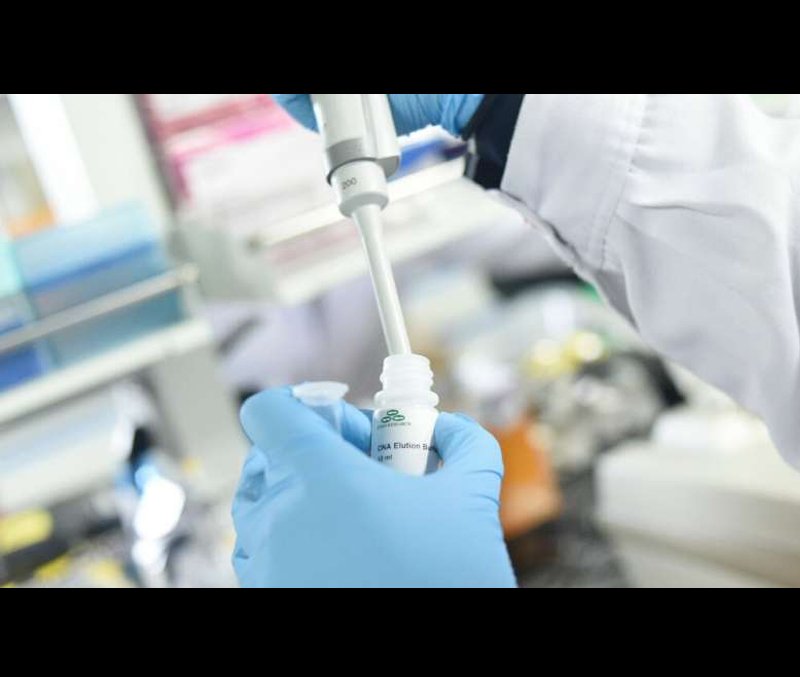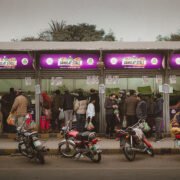
A laboratory in China has been in the process of synthesizing a drug that is believed to have the power to bring the Covid-19 pandemic to an end.
The pandemic which started from China end of 2019 and then spread globally, sparking an unprecedented global effort to develop treatments and vaccines for the disease.
A drug undergoing testing at China’s prestigious Peking University is said to not only shorten the recovery time on the infected patients, but may even be used as a preventive drug providing short term immunity researchers have surmised.
Director of the university’s Beijing Advanced Innovation Center for Genomics, Sunney Xie, told AFP that the drug has been successful at the animal testing stage.
“When we injected neutralising antibodies into infected mice, after five days the viral load was reduced by a factor of 2,500,” said Xie.
“That means this potential drug has [a] therapeutic effect.”
The drug uses neutralising antibodies — cells produced by the human immune system in its fight against the virus and these are then used to prevent the virus from infecting cells. These antibodies were isolated from the blood of 60 recovered patients.
A study published last Sunday in the scientific journal “Cell” suggests that the antibodies can provide a potential cure for the disease, shortening recovery times and reducing mortality rates.
Xie said “Our expertise is single-cell genomics rather than immunology or virology. When we realised that the single-cell genomic approach can effectively find the neutralising antibody we were thrilled.”
He also added that the medication will be ready to use later this year and will be available for a potential winter outbreak of the disease which has already claimed over 300,000 lives world wide. The clinical trial is being planned and will be held in Australia and other countries since number of patients availble for the trial aren’t enough in China and a small sample size can skew the results of the study.
“The hope is these neutralised antibodies can become a specialised drug that would stop the pandemic,” he said.
China already has five potential vaccines at the human trial stage, a health official reported last week.
But the World Health Organisation has repeatedly warned that developing a vaccine could take 12 to 18 months or more.
Scientists have been trying plasma therapy in the fight against Covid-19 and more than 700 Chinese patients have undergone the therapy which has shown “very good therapeutic effects” as reported by the Chinese authorities.
“However, it (plasma) is limited in supply,” Xie said, noting that the 14 neutralising antibodies used in their drug could be put into mass production quickly.
Antibodies as drugs is not a novel approach to a viral disease. It has been used successfully in treatments against Ebola, HIV and MERS.
Xie said his researchers had “an early start” since the outbreak originated in China before spreading across the globe.
Ebola drug Remdesivir manufactured by pharma giant Gilead Scineces is considered a hopeful treatment and clinical trials conducted under FDA have showed a 30% reduction in recovery times but the results on the martakity rate are still inconclusive.
The new drug, since it’s based on antibodies produced by the human immune system could even be used as a preventive offering a short term immunity boost against the virus.
The study showed that if the neutralising antibody was present in the mice before the infection happened the mice stayed infection free and no virus was detected in the mice already having the antibodies.
This may be what the world is looking for as more and more health care workers are exposed and infected a medication providing even a temporary immunity can go a long way in making sure that the healthy system doesn’t collapse. Xie said that they are working towards extending this immunity from a few weeks to a few months. In a situation where a few days can be critical. Xie comes with a hope to the medical community.
Xie is hoping that the new drug can be used to actually exterminate the virus completely without going into the lengthy process of developing a vaccine.


